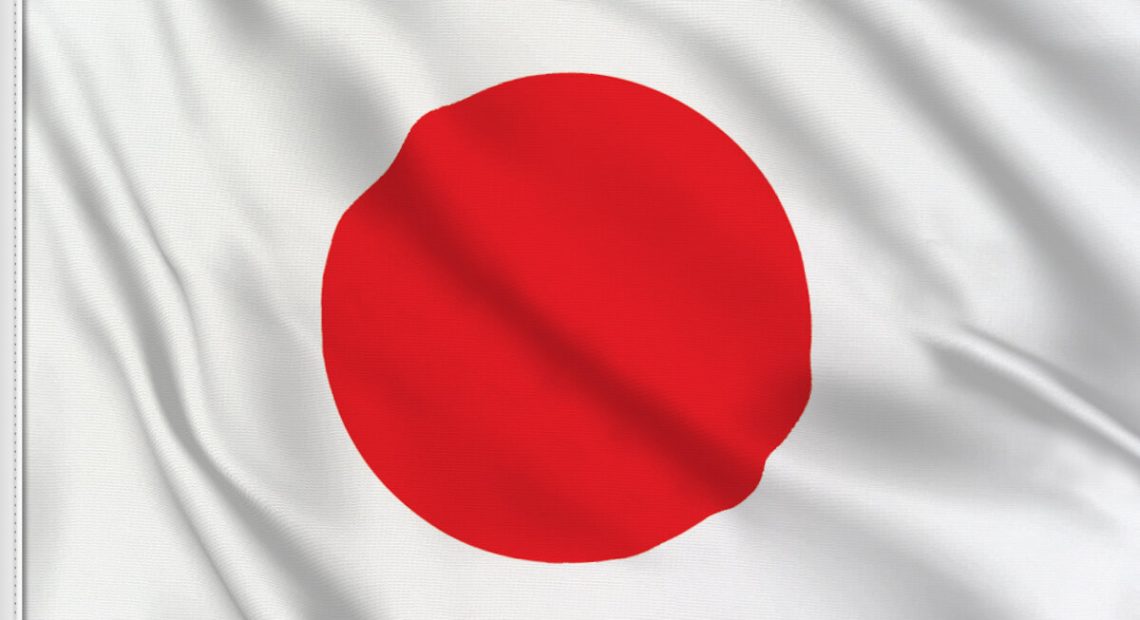Japan relaxes student visa rules, offers more scholarships and English language degrees


Japan is making significant changes to attract more international students by easing visa rules starting in 2025 and providing additional support for graduates who wish to stay and work in the country.
This initiative is part of a larger plan by the government to bring in 400,000 international students by the year 2033.
The country has already made progress toward this goal, with over 312,000 international students arriving by mid-2024, an increase from 228,000 in 2010.
According to education authorities, the simplified visa process and the growing selection of degrees taught in English are key factors contributing to this growth.
“This is more than a recruitment effort; it’s about building a global academic community,” stated a senior representative from the Ministry of Education, Culture, Sports, Science and Technology.
Japan’s attractiveness stems from several advantages: more affordable tuition fees compared to many Western nations, access to top-ranked universities, and a strong academic reputation.
Programs such as the “Global 30” and the “Top Global University Project” have played a role in making Japanese universities more international by encouraging more foreign students and faculty to join.
The updated visa rules will introduce a simplified application process for foreign students. Although essential documents like a valid passport, Certificate of Eligibility, financial statements, and academic records are still required, the changes aim to cut down on delays and make the process more accessible.
In addition, the government is offering more scholarships and increasing the number of degree programs available in English to make studying in Japan easier for talented individuals from around the world.
Japan is also making it easier for international students to find jobs after graduation. Foreign graduates will be allowed to stay in Japan under a Designated Activities Visa for up to one year while they look for employment. After securing a job, they can switch to a regular work visa under categories like Engineer, Specialist in Humanities, or International Services. The government is especially focused on addressing labour shortages in fields such as IT, robotics, healthcare, and education.
To enhance student life, universities are supporting cultural engagement through options like homestays, student organizations, and events. Students also have the opportunity to work part-time during their studies, providing both financial support and valuable job experience.
This policy shift comes at a time when some other countries, particularly the United States, are tightening regulations on foreign students, affecting access to top institutions like Harvard University. Japan’s more welcoming strategy presents a strong alternative for students dealing with increasing barriers in other parts of the world.







